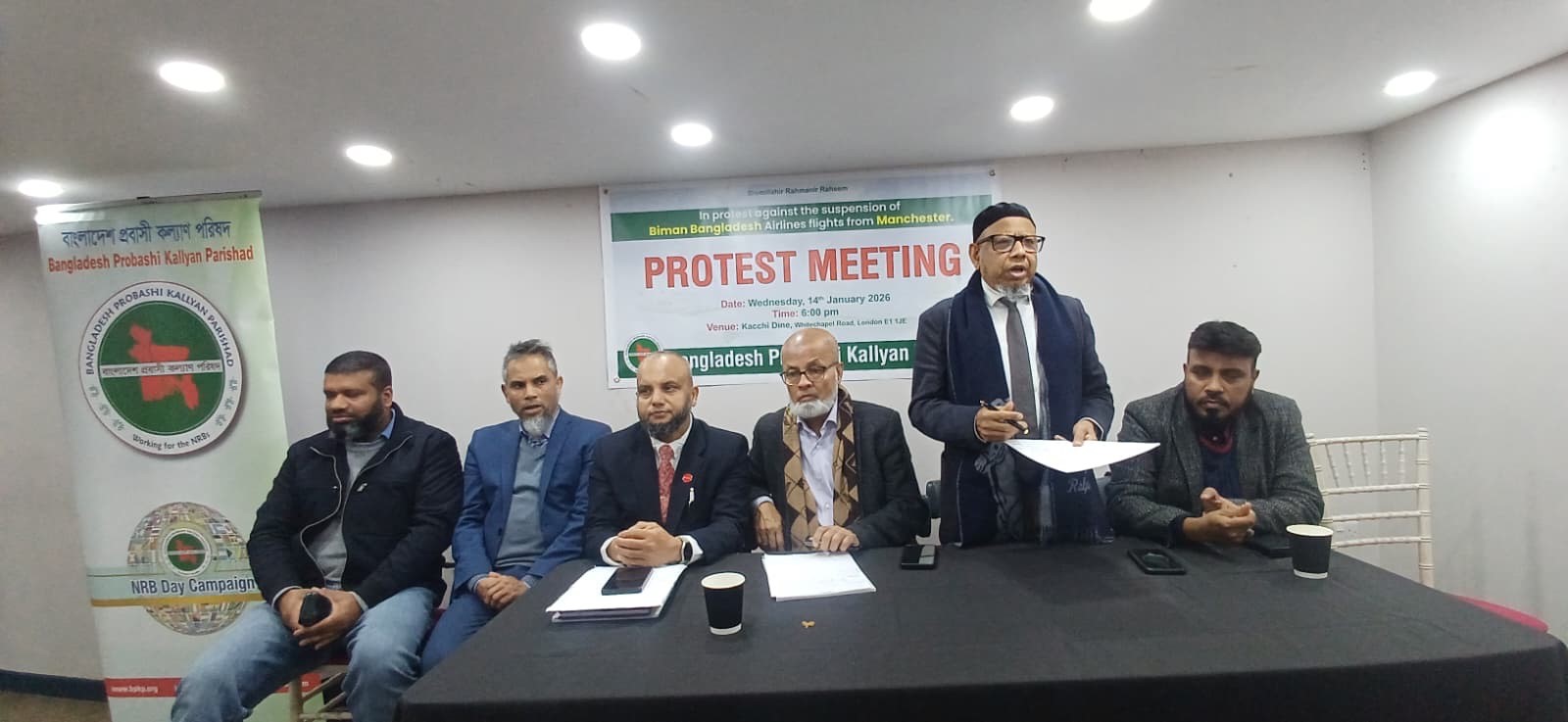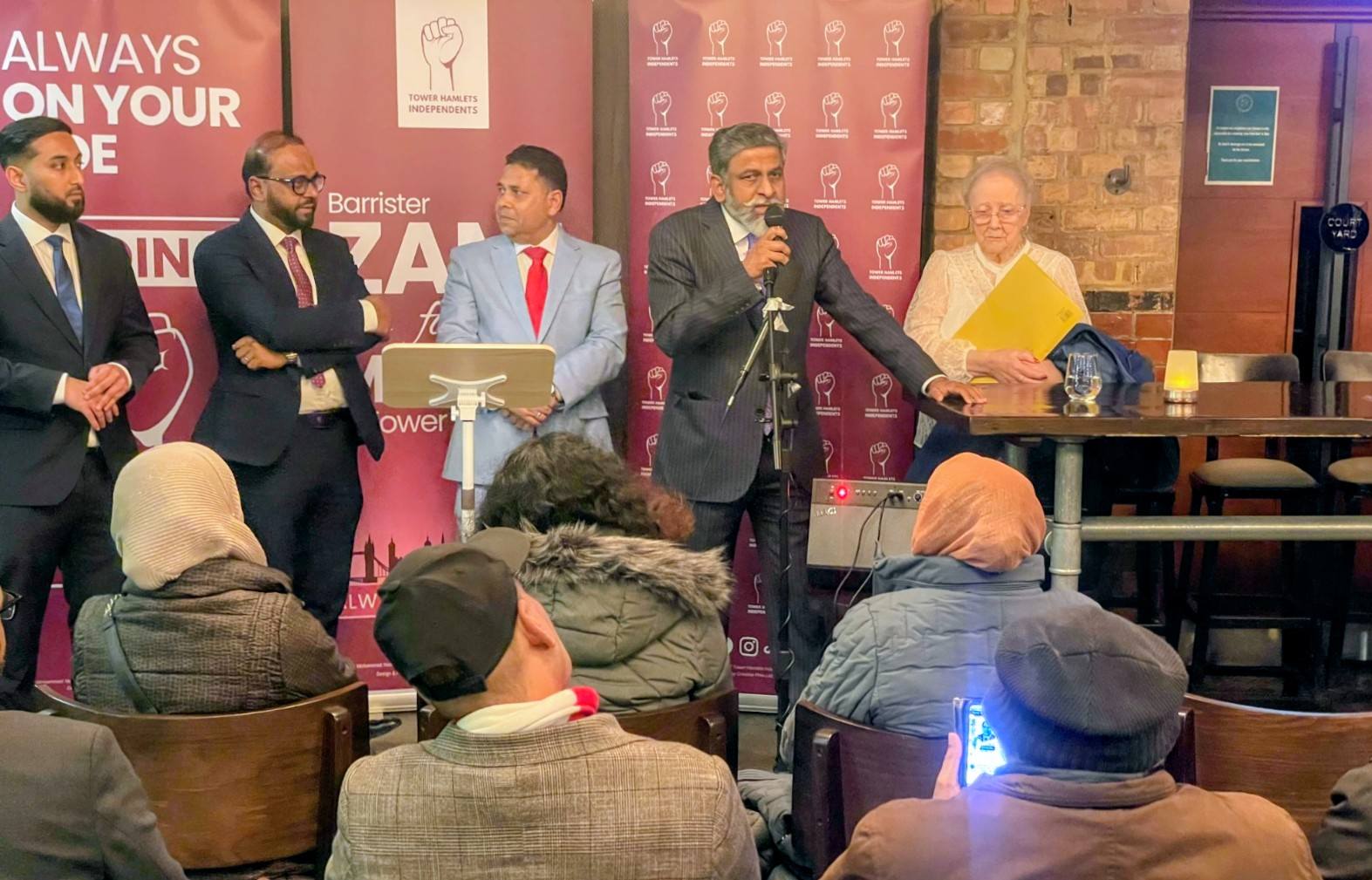Unrequited Love: Bangladeshis Thrown Under The Wheel of Immigration

Imran Chowdhury BEM
In an unfortunate turn of events, Labour Leader Sir Keir Starmer found himself embroiled in controversy after making a derogatory comment during a live TV interview about sending Bangladeshi immigrants back to Bangladesh. This blunder has not only sparked outrage within the Bangladeshi community in the UK but has also highlighted the deep-seated issues of racial marginalization and discrimination.
A Shocking Gaffe
The comment came as a shock to many, especially considering that Bangladesh is not on the list of countries associated with illegal entrants or immigrants to the UK. Sir Keir’s remark was a misstep, targeting a community that has shown unwavering support for the Labour Party for decades. For many, this incident has underscored the bitter irony of their political allegiance.

Historical Allegiance
The Bangladeshi community in the UK has historically been a strong supporter of the Labour Party. Their loyalty stems from the party’s traditionally progressive policies and commitment to multiculturalism and social justice. This relationship, however, is now on shaky ground. The community’s sense of betrayal is palpable as they grapple with the implications of Sir Keir’s words.
Marginalization and Repercussion
The fallout from the Labour Leader’s comment goes beyond mere words. It has the potential to cause significant harm to the Bangladeshi community, which may face increased racial abuse, social isolation, and discrimination. The comment has provided ammunition for those who harbour xenophobic sentiments, allowing them to target a thriving and peaceful community.
The Irony of Unrequited Love
For decades, Bangladeshi immigrants have contributed significantly to British society. Their impact has been profound, from enriching the cultural tapestry to driving economic growth. The recent incident underscores a troubling reality, despite their contributions: their love and loyalty towards the Labour Party have been largely unreciprocated. This unrequited love now raises pressing questions about the future of this long-standing political relationship.
Trust in the Labour Party
The big question is whether Bangladeshis in the UK can continue to trust the Labour Party. With the party waiting in the wings to potentially take power, this incident casts a shadow over their intentions and commitment to truly representing all communities. Can the Labour Party, under Sir Keir Starmer’s leadership, genuinely uphold the values of inclusivity and equality? The Bangladeshi community’s trust has been severely shaken, and it will take more than mere words to rebuild it.
Political Repercussions
The Labour Leader’s comment may also have broader political repercussions. There is speculation that this could lead to more Bangladeshi candidates standing for MP positions from areas with significant Bangladeshi populations. This move could be a way to ensure that their voices are heard and represented accurately within the corridors of power. It also safeguards against any future instances of such racial insensitivity.
Bilateral Relations with Bangladesh
The comment has affected domestic politics and could strain the UK’s bilateral relationship with Bangladesh. Diplomatic relations could suffer if the Bangladeshi government and its people perceive this as disrespecting their diaspora. Solid bilateral ties are essential for both nations, and repairing the damage caused by Sir Keir’s comment will require diplomatic finesse and sincere efforts to rebuild trust.
An Error of Judgment
While it is clear that Sir Keir Starmer’s comment was an error of judgment, the ramifications are severe. The Labour Leader must now take concrete steps to address the fallout. This includes issuing a formal apology to the Bangladeshi community, engaging in open dialogue to understand their concerns, and demonstrating a commitment to combating racial discrimination in all its forms.
Rebuilding Trust
Rebuilding trust will be challenging. The Labour Party must go beyond rhetoric and take tangible actions that reflect its commitment to inclusivity. This could involve policy changes, increased representation of minority communities within the party, and a concerted effort to engage with and support the Bangladeshi community.
The Road Ahead
The road ahead is uncertain, but the Labour Party must act swiftly and decisively to mend the rift. The Bangladeshi community may need to reassess their political alliances and consider how best to ensure their voices are heard and respected. This incident could catalyze greater political activism and representation among Bangladeshis in the UK.
Conclusion
Sir Keir Starmer’s comment has undeniably thrown the Bangladeshi community under the wheel of racial marginalization and discrimination. It has highlighted the fragile nature of political allegiances and the need for genuine representation and respect. As the Labour Party navigates this crisis, it remains to be seen whether they can restore the trust and faith of the Bangladeshi community. In the meantime, the community stands resilient, determined to fight for their rights and ensure that their contributions to British society are recognized and valued.





